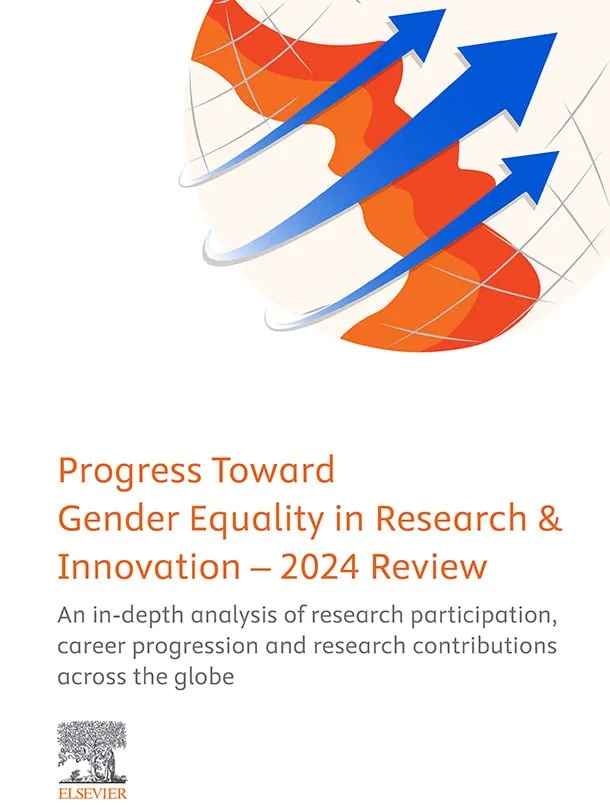Gender and Diversity in Research
FEATURED RESEARCH PAPER, 15 Jul 2024
Elsevier - TRANSCEND Media Service
Discover the latest data-driven insights and how we can build a more inclusive world of research.
Explore Progress towards Gender Equality in Research & Innovation – 2024 Review which examines progress towards parity and offers insights into how gender impacts the research journey.
Elsevier’s 2024 Gender Report tracks and analyzes data across 18 countries and 2 regions (EU 27 and the world) examining women’s performance in research and innovation across disciplines and career stages. Our Report provides new insights into interdisciplinarity, multidisciplinarity, grant recipients, patent applications, open access, UN Sustainable Development Goals (SDG) research areas, as well as alternative metrics including policy and media citations.
Examine the Gender Diversity Dashboard
We’ve also developed a companion dashboard that gives decision makers and researchers the ability to examine and drill down into the data to investigate trends, conduct longitudinal analyses and examine nuances by looking across research fields, geography, career stages and more. This is best used with Chrome.
Our Commitment
We are committed to advancing inclusive research using an evidence-based, data-driven approach. By tracking progress, providing insights and bringing together experts, we aim to support informed policy decisions and data-led action towards a better balance of gender participation in research and innovation.
FEATURED RESEARCH PAPER STAYS POSTED FOR 2 WEEKS BEFORE BEING ARCHIVED
Tags: Diverse Women for Diversity, Diversity, Gender, Gender Equality, Research, Science, Women
DISCLAIMER: The statements, views and opinions expressed in pieces republished here are solely those of the authors and do not necessarily represent those of TMS. In accordance with title 17 U.S.C. section 107, this material is distributed without profit to those who have expressed a prior interest in receiving the included information for research and educational purposes. TMS has no affiliation whatsoever with the originator of this article nor is TMS endorsed or sponsored by the originator. “GO TO ORIGINAL” links are provided as a convenience to our readers and allow for verification of authenticity. However, as originating pages are often updated by their originating host sites, the versions posted may not match the versions our readers view when clicking the “GO TO ORIGINAL” links. This site contains copyrighted material the use of which has not always been specifically authorized by the copyright owner. We are making such material available in our efforts to advance understanding of environmental, political, human rights, economic, democracy, scientific, and social justice issues, etc. We believe this constitutes a ‘fair use’ of any such copyrighted material as provided for in section 107 of the US Copyright Law. In accordance with Title 17 U.S.C. Section 107, the material on this site is distributed without profit to those who have expressed a prior interest in receiving the included information for research and educational purposes. For more information go to: http://www.law.cornell.edu/uscode/17/107.shtml. If you wish to use copyrighted material from this site for purposes of your own that go beyond ‘fair use’, you must obtain permission from the copyright owner.
Join the discussion!
We welcome debate and dissent, but personal — ad hominem — attacks (on authors, other users or any individual), abuse and defamatory language will not be tolerated. Nor will we tolerate attempts to deliberately disrupt discussions. We aim to maintain an inviting space to focus on intelligent interactions and debates.
Read more
Click here to go to the current weekly digest or pick another article:
FEATURED RESEARCH PAPER:

